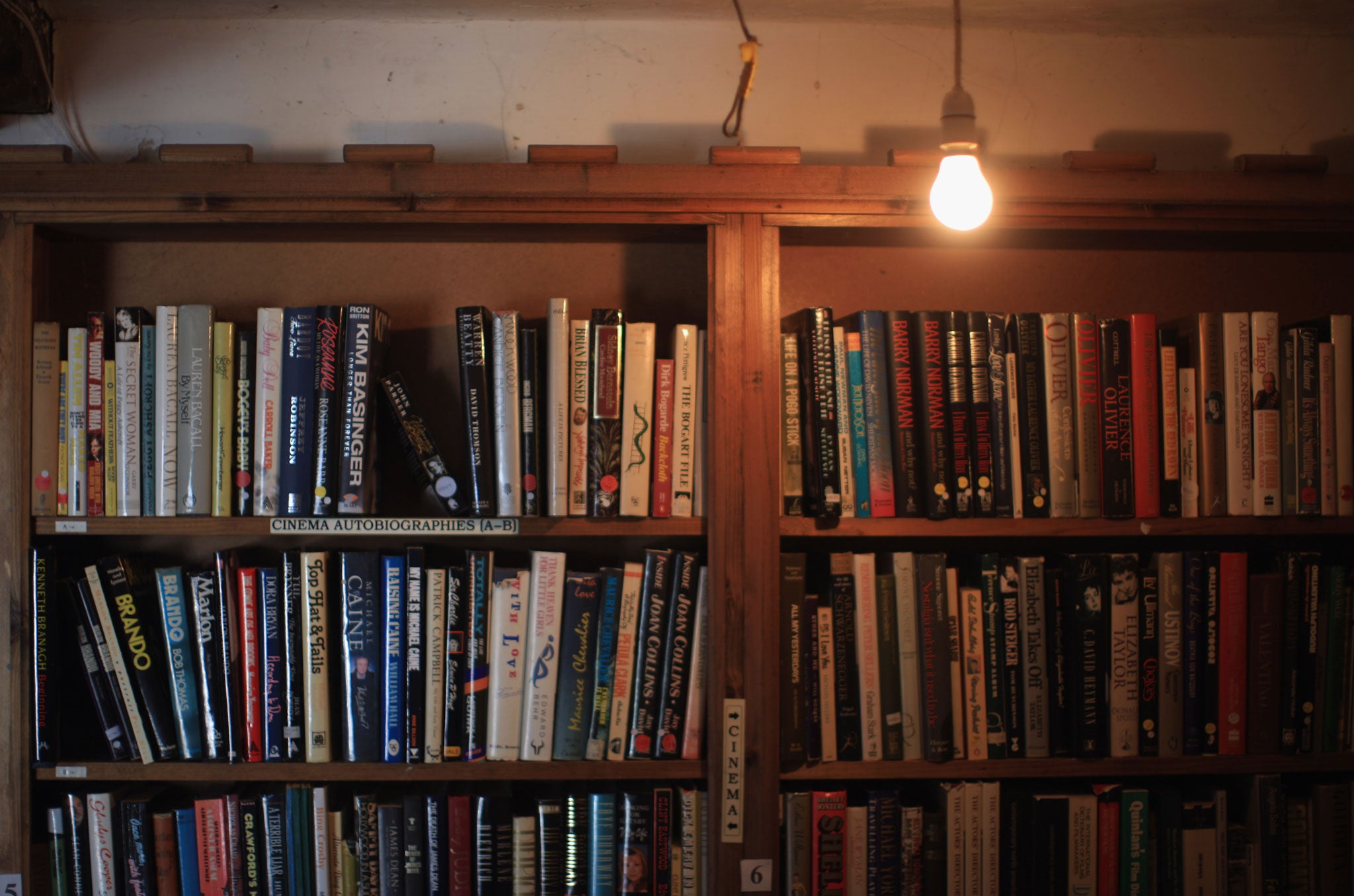As Hay-on-Wye opens this week, it's time for book festivals to open a new and exciting chapter
Plus: The mother, father, sister and brother of all Cannes press conference questions and the first cut is the deepest, as Rod Stewart well knows


One of the world's most renowned literature festivals, Hay-on-Wye, begins its week of readings, talks and question-and-answer sessions with celebrity authors today. But, are readings, talks and questions and answers enough any more? One man, who thinks they're not is James Runcie, formerly director of the Independent Bath Literature Festival and now director of the London Literature Festival. He told this paper in an interview this week that book festivals need re-imagining, and need to be more experimental, a cross between the Open University and a party, as he puts it.
"They can't just consist of writers talking about their latest books and expecting the audience to be grateful," he declared. At Bath he experimented all right, holding a non-stop 120-hour reading of the entire King James Bible and staging one-off events like the courtroom scene from To Kill a Mockingbird, starring Harriet Walter. Even when he had that JK Rowling on his stage, his interview with her meandered from the literary and scholarly to the downright flirtatious, questioning her about her first kiss.
Of course, one of the pleasures of a book festival is getting to know famous authors better, asking them questions, having them sign their book for you. Hearing them read is less of a pleasure. Why is it that authors tend to be rotten readers of their own work? But Runcie is right. The literary-festival format risks looking tired. Even with the odd touches of music and comedy that you get at Hay, and the excellent fare for children at most festivals, visitors want more engagement with literature and intellectual life than conventional book festivals offer.
It's not insignificant that a successful philosophy festival has opened its doors in Hay at the same time as the book festival. But why didn't the Hay Festival think of doing sessions on philosophy first? Book festivals need to do more. I'd like to see audiences able to enrol for a week-long creative-writing course on site, (not the half-day workshops some festivals do). These could be a genuine crash-course in how to write a novel or a short story or poetry, with celebrated authors lecturing at the course and running workshops. There could be a short story or poetry competition during a festival.
Books should be the bedrock of a literature festival but around them there could and should be theatre. Playwrights are authors too, There could, too, be a mini-film-festival on site of book adaptations with subsequent discussions. Quizzes, improvisations, and literary-themed parties and dinners may sound lightweight, but let's be lightweight for a couple of evenings in a week-long festival. And let's have talks on and discussions of classic works, as well as the latest book a publisher wants to flog.
The mother, father, sister and brother of all questions
As the Cannes Film Festival winds up this weekend, I think of the memorable events there that I used to enjoy. No, not the films. Not even the parties or the Riviera. The most wonderful thing about Cannes is the daily press conference, in which the stars receive cringe-making adulation from the world's supposedly dispassionate film writers. Lebanon, for some reason, always produces a degree of crawling unmatched anywhere else. One Lebanese film critic once put to Charlton Heston the "question", "Mr Heston, you are my father, my mother, my sister and my brother". That was it. On another occasion a Lebanese film writer spent so long telling Emma Thompson how wonderful she was that she responded: "Where is it you said you come from – and how easy is it to move there?"
The first cut is the deepest – baby, he knows
Rod Stewart has scored a No 1 album a mere 34 years after his last No 1 album. I saw him do a highly enjoyable show a few days ago at Broadcasting House, relayed live on Radio 2. One forgets how big a fanbase these veterans have. There were 85,000 applications for the 300 tickets. What struck me was that, unlike other rock stars of the same vintage, Stewart's songs and on-stage patter have matured to reflect middle-aged angst, something rarely addressed in pop songs. "This is a song about divorce," he said of one of his new numbers, "and particularly the effect it has on the children. I've witnessed it, so I know how bad it can be." Probably not how Jagger and co will introduce their songs at Glastonbury.
Join our commenting forum
Join thought-provoking conversations, follow other Independent readers and see their replies
Comments
Bookmark popover
Removed from bookmarks